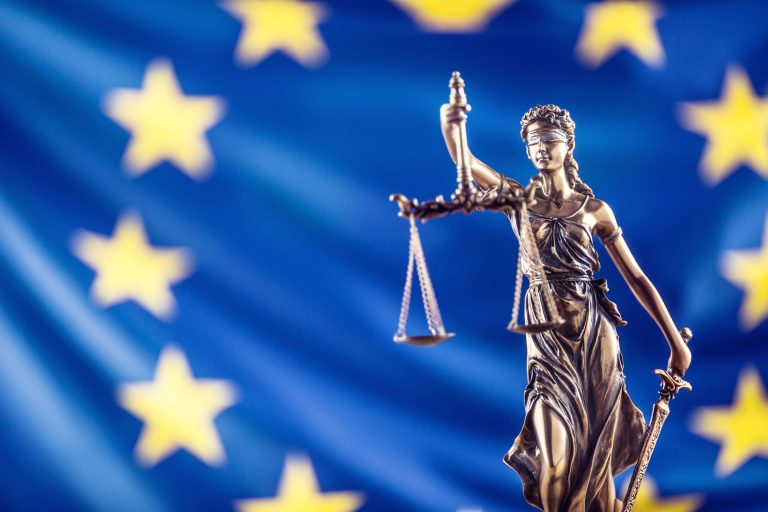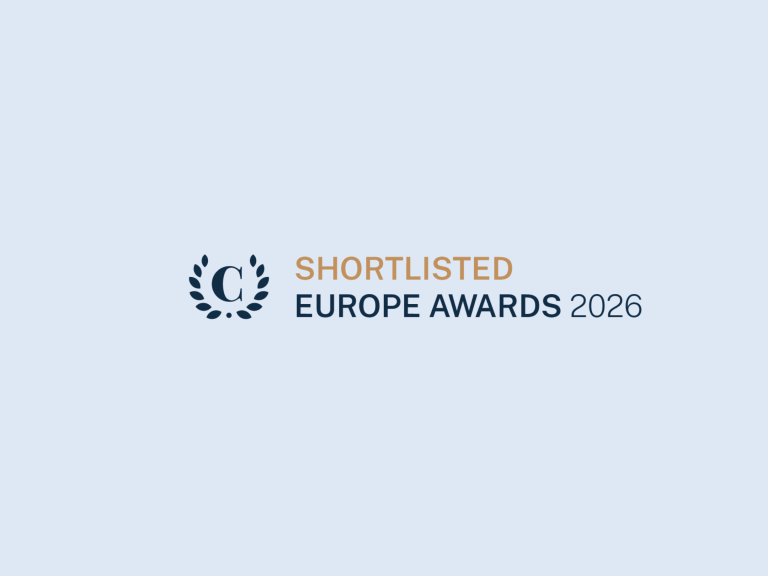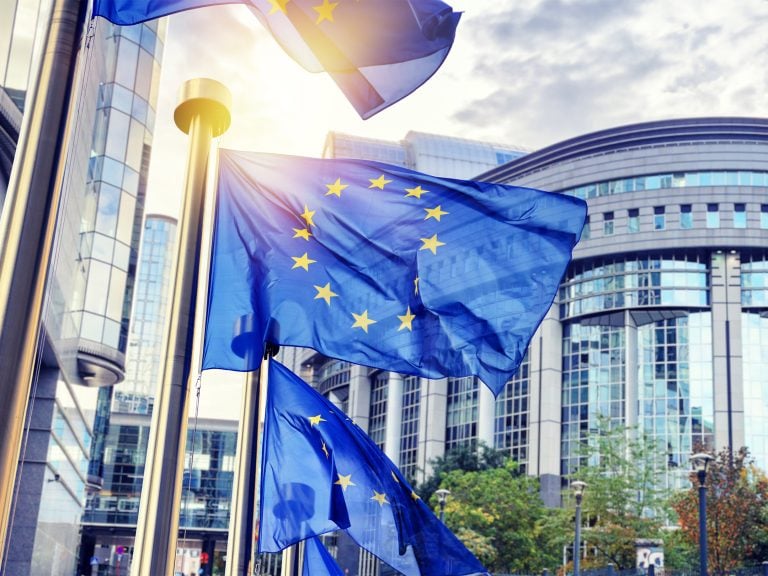Firm news
4 March 2026
Erykah Sackey nominated for Upcoming Talent of the Year
News
27 February 2026
CJEU clarifies concept ‘on behalf or at the direction of’ in context of EU Russia sanctions
News
24 February 2026
Legal uncertainty after SIL/Agora: asymmetric jurisdiction clauses in contract practice and legal opinions
Firm news
24 February 2026
Houthoff wins Dutch Pensions Law Firm of the Year
News
18 February 2026
Recent developments in data protection: online marketplaces, Dutch DPA fines and adequacy decision Brazil
Firm news
17 February 2026
Houthoff shortlisted for Netherlands Firm of the Year by Chambers Europe 2026
News
16 February 2026
Relaxation of remuneration rules, AFM Agenda 2026, DNB on insurers’ AI use, and DNB on AMLA and future integrity reporting adjustments
News
13 February 2026
Houthoff Class Action Survey Update: key developments in 16 jurisdictions
Firm news
12 February 2026
New rankings 2026 edition Chambers Global
News
12 February 2026
The European Defence Reset: A Practical Playbook for Industry and Investors
News
5 February 2026
The Hague District Court orders the Dutch State to adopt stricter emission targets and a climate adaptation plan for Bonaire
News
3 February 2026
The EU’s Anti-Coercion Instrument










